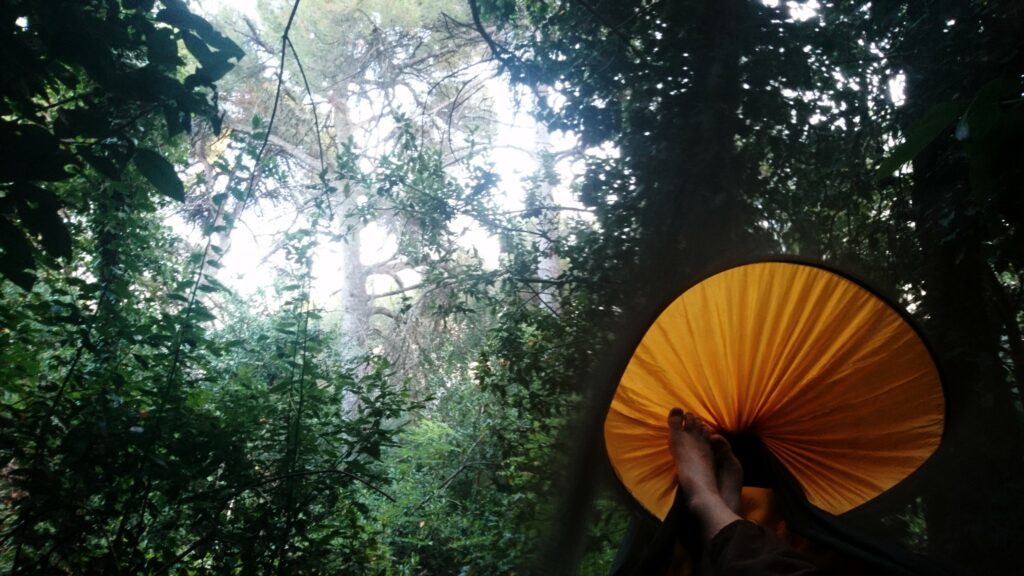My background is in cognitive neuroscience, I recently joined Wageningen University as a postdoctoral researcher, and I work freelance as a trainer (mostly with hfp-consulting). My work focuses on inner and interpersonal development in interdisciplinary settings: which challenges do we experience when our roles, relationships and approach are not clearly defined? Which skills and what kind of structures are needed so that we can realise the potential for learning and development inherent to such situations? Over the next two years, I am working on an integrated research and training approach that at once supports and investigates these processes of orienting together.
My work and curiosity for social learning is nurtured by a wonderful web of people – I highlight among them the enactive research group, with whom I meet on a weekly basis to reflect and exchange, as well as a forming consortium of researchers invested into co-creativity as a way of working together, as well as our research subject. Thank you!
I care about movement – I cycle, play squash, dance contact and climb; I am also an outdoors person and builder – I visit the Rhine in the morning, have spent weeks cycling through Europe sleeping out in my hammock, and over the past few years I have built many beds in different cities, as well as a garden house in my home town Hamburg.
I love to lie down on the floor, enter into cold water, and get in touch with people.
I am in the middle of transitioning to the Netherlands, into new roles, networks and response-abilities. I am very grateful for this opportunity.

This website gives an overview of recent ideas and activities, outlines basic principles I explore in my work, shares some of the colourful notes I take (during meetings or to sort my thoughts), offers supplements to my published work, and points to (some of) the other people involved.
Enjoy!
